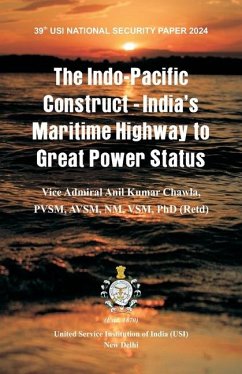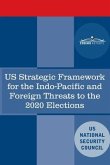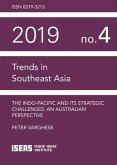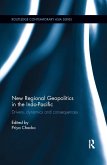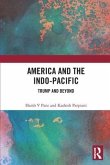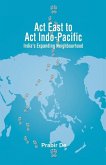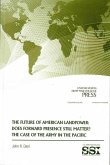The Indo-Pacific has emerged as the pre-eminent geopolitical and geo-economic construct of the 21st Century due to two main reasons - the economic and demographic vitality of the region and the emergence of a non-democratic and aggressive China as a global power with its sights set firmly on dominating the oceans. There has always been an organic connection between maritime power and a country achieving 'Great Power' status. China had recognised this connection in 1979 and in its quest to achieve 'Great Power' status, has assiduously developed its maritime power over the last four decades to emerge as the primary maritime challenger to the US. China's maritime military expansion is particularly worrying, as it is unprecedented in recent history. However, the growth of China's maritime power has not been restricted to its Navy, but has also included the explosive growth of its coast guard, maritime militia, merchant marine, oceanographic research, fishing fleet, ports and maritime infrastructure, both civil and military. The Belt and Road Initiative, especially its maritime leg, the Maritime Silk Road, is another facet of its unprecedented maritime growth. It is happenstance that the coming into being of the Indo-Pacific construct has coincided with India's emergence as a major economic, scientific and cultural power, with a demographic dividend to boot. However, maritime power remains a weak link in the elements comprising India's Comprehensive National Power, which is clearly evident from available maritime metrics. India is a maritime nation with a glorious maritime past, and this paper argues that the Indo-Pacific construct offers India an opportune avenue to rejuvenate its maritime power. The Paper recommends that India needs to develop its Comprehensive Maritime Power through a holistic Maritime Strategy, which would be a vital enabler for India's emergence as a developed nation by 2047, and its eventual rise as a 'Great Power'.
Hinweis: Dieser Artikel kann nur an eine deutsche Lieferadresse ausgeliefert werden.
Hinweis: Dieser Artikel kann nur an eine deutsche Lieferadresse ausgeliefert werden.

